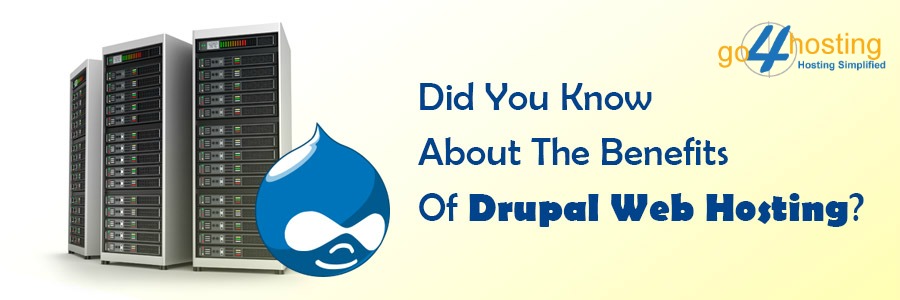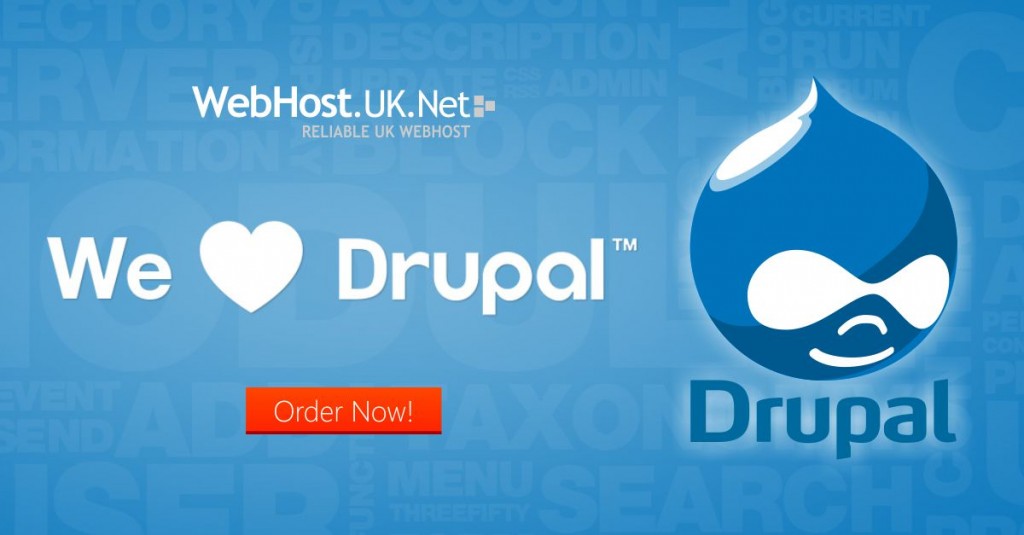

- #Drupal hosting requirements update#
- #Drupal hosting requirements upgrade#
We recommend you update to PHP 7.1 or higher since those versions will be supported longer. We do not yet know whether Drupal 8's PHP 7.0 support will continue past that date, but we will post another announcement as soon as the end of PHP 7.0 support has been scheduled. Support for PHP 7.0 will continue until at least March 6, 2019. When will Drupal 8 drop support for PHP 7.0? Ondřej Surý provides a widely used PPA for doing this.
#Drupal hosting requirements upgrade#
Finally, you can choose to upgrade to a separate build of PHP.

You may need to upgrade Ubuntu again in a couple years if you choose to upgrade to 16.04 now.
Another option is to upgrade Ubuntu 16.04, which is available now. This version will be the most future-compatible. The preferred option is to plan an upgrade to Ubuntu 18.04 (to be released on April 2018, 2018). You have a few options if you are using Ubuntu 14.04: What if I'm at an organization that maintains its own hosting, and we're using Ubuntu 14.04, which bundles PHP 5.5? If you're using one that doesn't, we suggest asking that provider when they will make it available, and if it's not until after March 2019, leave a comment on our tracking issue linking to that hosting provider, so that we can better understand the outliers, and perhaps offer some help. What if I'm using a hosting service that doesn't offer PHP 7?Ī majority of PHP hosting providers already offer PHP 7. We suggest upgrading to PHP 7 in 2018 (rather than waiting for Drupal 8.7.0’s release). We understand that upgrading from PHP 5 to PHP 7 may require time to plan and deploy. To minimize disruption for both Drupal users and Drupal developers, Drupal 8's support of PHP 5.5 and PHP 5.6 will end at the same time. Several other third-party dependencies are also dropping PHP 5.6 support in their latest versions. This is a few months after Drupal 8.6's scheduled release and well before Drupal 8.7 would be released.ĭrupal 8's automated tests require the PHPUnit library, which will drop support for PHP 5.6 in February 2018. PHP 5.6 is the final PHP 5 version, so the PHP maintainers are providing two years of security fixes for PHP 5.6 beyond its active support, through December 2018. This means that it is no longer receiving bugfixes, even for some very serious bugs that impact Drupal development. PHP 5.6 stopped receiving active support from PHP maintainers in January 2017. Following that, a growing number of the PHP libraries used by Drupal 8 have also started to discontinue support for PHP 5.5. PHP 5.5 has already reached official end-of-life in 2016. Why is support being dropped for PHP 5.5 and 5.6? When planning a PHP version to upgrade, consider that PHP 7.2 was released on Novemand will remain supported longer than older PHP 7 versions. Drupal 8.6 will be the final Drupal 8 version to support PHP 5, and will reach end-of-life on March 6, 2019, when Drupal 8.7.0 is released. Drupal 8 users who are running Drupal 8 on PHP 5.5 or PHP 5.6 should begin planning to upgrade their PHP version to 7.0 or higher (PHP 7.1+ is recommended). Websites created with this CMS can get excellent rankings in search results.įinally, Drupal possesses a very active community which promotes the use of the CMS and ensures that many documents and guidelines as well as the system itself are available to their users in several languages.Drupal 8 will require PHP 7 starting May 1, 2019, on the day of the release of Drupal 8.7.0. With dedicated add-ons such as YoastSEO,, Redirect, or Robotxt, search engine optimization for a Drupal website is made easy. Yet, the PHP development environment doesn’t restrict expert web developers in any way, thanks to APIs and to over 4,000 functionalities. This allows them to work quite intuitively. This CMS also offers another special feature: that of providing administrators with an interface very similar to the website they are editing. That way, the platform constantly grows and becomes more substantial, especially with the right Drupal hosting plan. That means the number of modules gravitating around Drupal’s core can be increased any time a developer wants to integrate a feature that didn’t previously exist. The modules in this content management system also have the benefit of offering potentially unlimited interactivity. Featuring PHP programming exclusively, Drupal is a CMS that incorporates a very impressive library of modules and allows for tremendous flexibility.






 0 kommentar(er)
0 kommentar(er)
